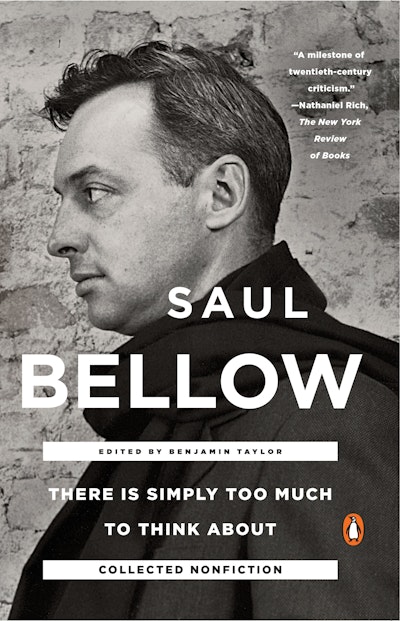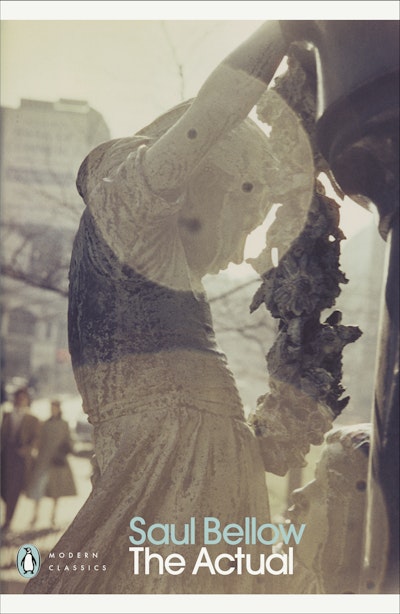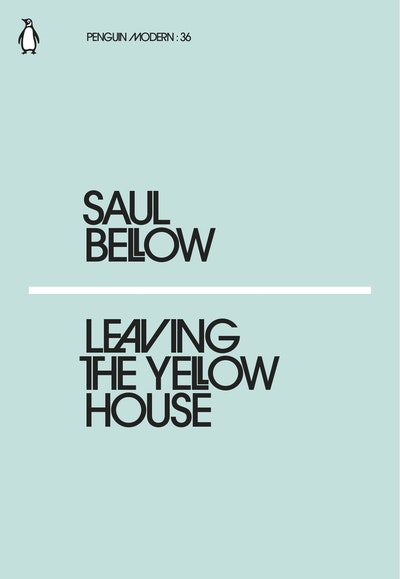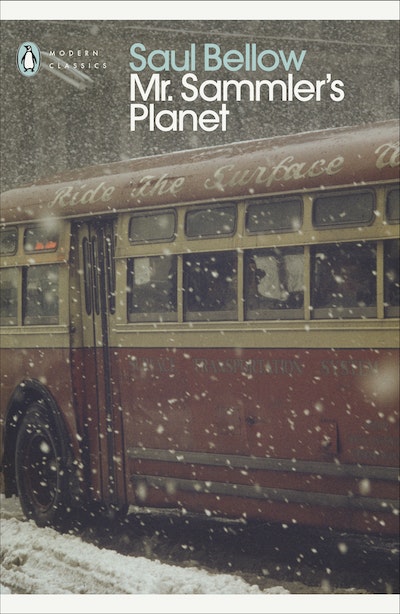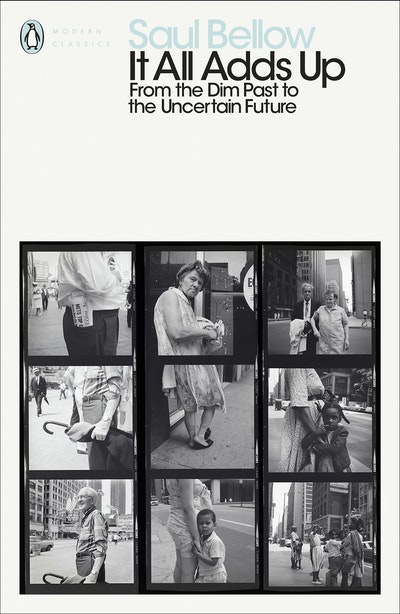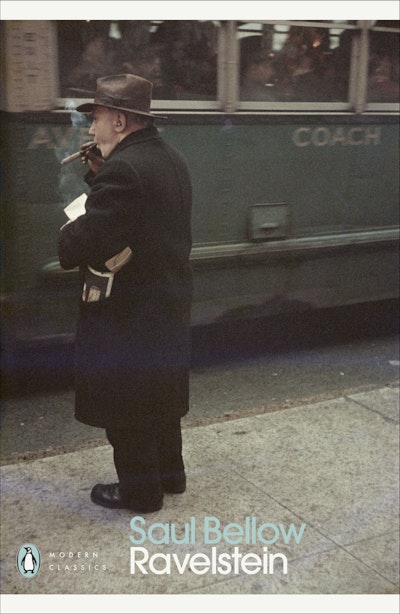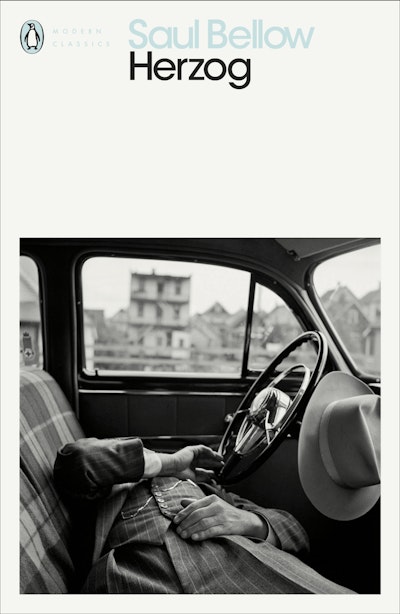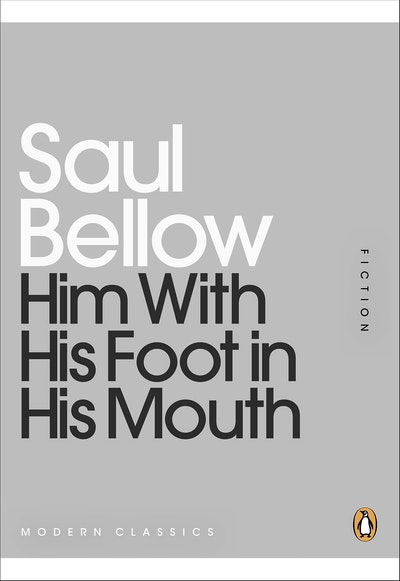There Is Simply Too Much to Think About
Collected Nonfiction
- Published: 31 March 2015
- ISBN: 9780698141766
- Imprint: PEN US eBook Adult
- Format: EBook
- Pages: 544
Praise for THERE IS SIMPLY TOO MUCH TO THINK ABOUT, edited by Benjamin Taylor:
"A nonfiction collection celebrates the centennial of Saul Bellow's (1915-2005) birth. Nobel Prize winner Bellow was a prolific writer of nonfiction: essays, reviews, interviews, talks and memoirs. Organized by decade, the 57 pieces in this volume, edited by Taylor (Naples Declared: A Walk Around the Bay, 2012, etc.), trace both Bellow's writing career and his outspoken opinions on politics, literature and intellectual life in America during the second half of the 20th century. After publishing Dangling Man (1944) and The Victim (1947), "two very correct books" that he thought would establish his credentials as a novelist, Bellow won his first National Book Award in 1954 for "a speculative biography," The Adventures of Augie March. Critical acclaim for that novel established his reputation; many more prestigious awards followed, as did opportunities to publish his views. Some of the most interesting pieces here are autobiographical. Born in Canada to Russian immigrants, growing up in Depression-era Chicago, Bellow knew early in his life that he wanted to be a writer. "I felt that I was born to be a performing and interpretive creature," he wrote, "that I was meant to take part in a peculiar, exalted game." As a young man, he looked up to such critics as Edmund Wilson, who supported him for a Guggenheim Fellowship, but by 1975, he had changed his mind dramatically: "Critics use strength gathered from the past to pummel the present," he announced scornfully. Nevertheless, Bellow found himself in a critic's role throughout his career, deriding novelists who were didactic and those more interested in being intellectual over telling a good story. He also bristled at being categorized as a Jewish writer: "I was a Jew and an American and a writer and I believed that by being described as a 'Jewish writer' I was being shunted to a siding." This comprehensive collection illuminates Bellow's sense of his own identity and his changing world."
--Kirkus Reviews
"This rich . . . collection of Bellow's reviews, essays, speeches, and interviews illuminate his lifelong exploration of what it means to be an American, a Jew, and a writer. As assembled by Taylor, the pieces succeed in showing that Bellow's calling was, in the novelist's own words, 'not to preach but to relate.'" -- Publishers Weekly Praise for SAUL BELLOW: LETTERS, edited by Benjamin Taylor:
***Selected by Michiko Kakutani of The New York Times as a Top Ten Pick of 2010***
***Selected by Jonathan Yardley of The Washington Post as a Best of 2010***
"It comes as no surprise to find that the greatest novelist was a great correspondent as well. I hungrily read the book through in three nights, as though I'd stumbled upon a lost Bellow masterpiece only recently unearthed."
--Philip Roth
"In the Letters, as in everything he wrote, Saul Bellow never dipped below a certain level--and that level is stratospheric."
--Nathan Englander
"Magnificent . . . The man is all here in this book, in his stunning, almost baffling plentitude. . . . Taylor has selected and edited and annotated these letters with exquisite judgment and care. This is an elegantissimo book. Our literature's debt to Taylor . . . is considerable."
--Leon Wieseltier, The New York Times Book Review
"Masterfully edited."
--Vanity Fair
"Arresting, seizing the reader by the lapels and refusing to let go . . . Bellow is a gifted and emotionally voluble letter writer. The Bellow that floats to the surface in this volume is a close spiritual relative of the heroes who populate his fiction."
--Michiko Kakutani, The New York Times
